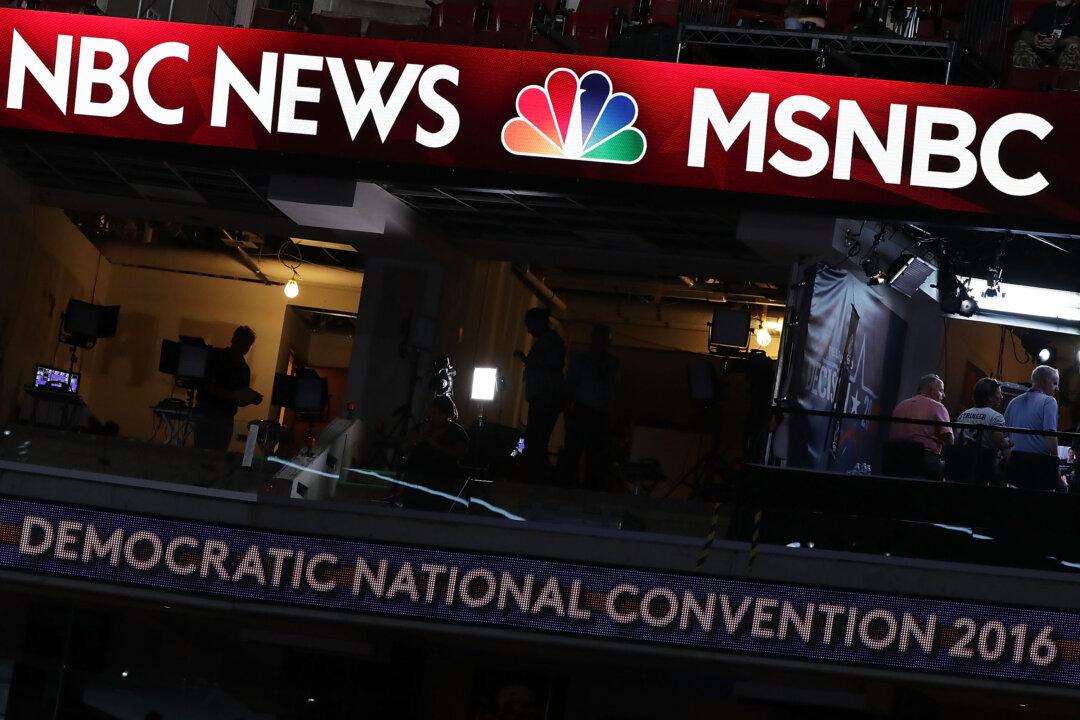Commentary
It may be that the media and their political wing in Congress are preparing for the aftermath of a disappointing Mueller report.


It may be that the media and their political wing in Congress are preparing for the aftermath of a disappointing Mueller report.